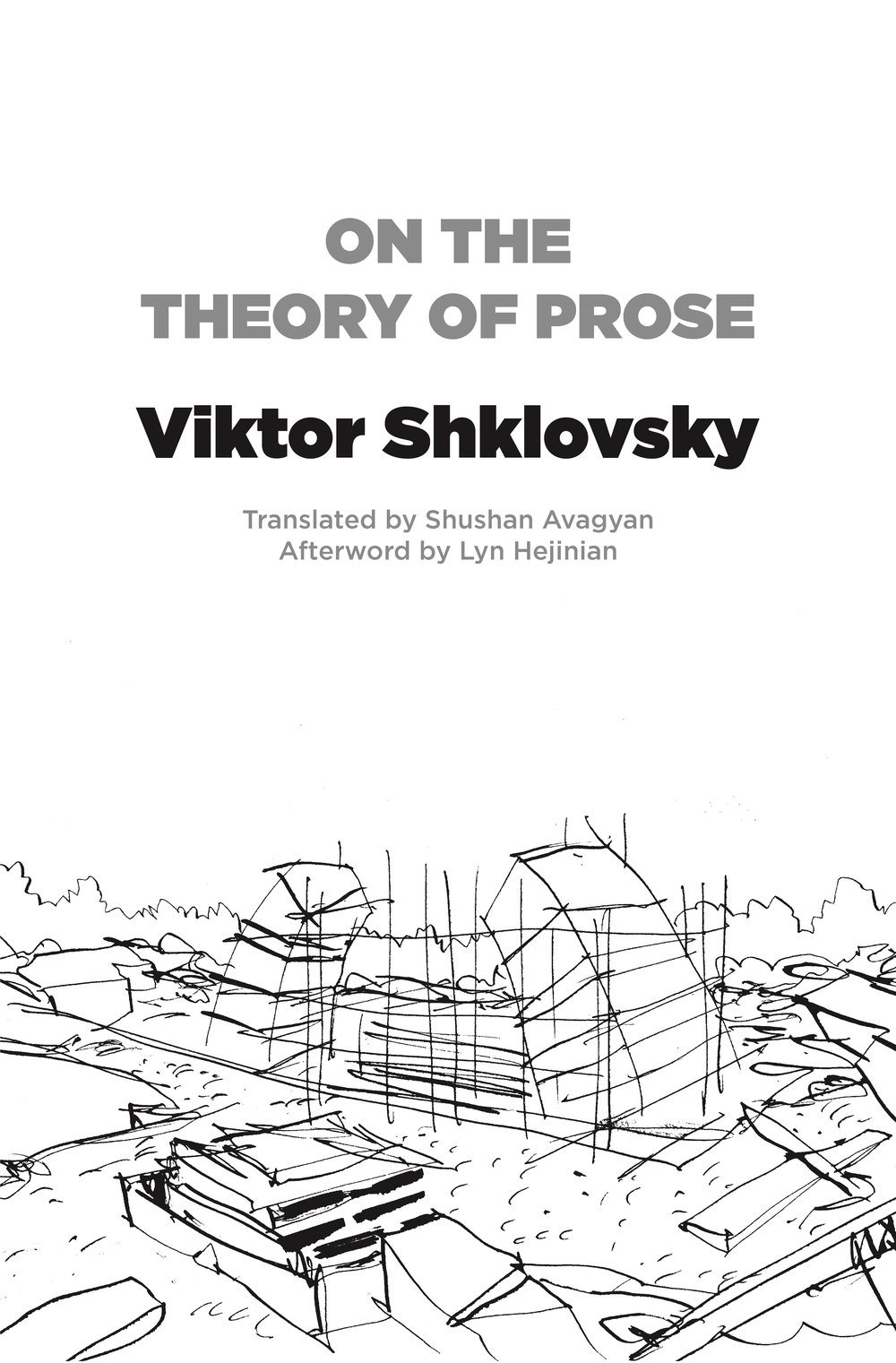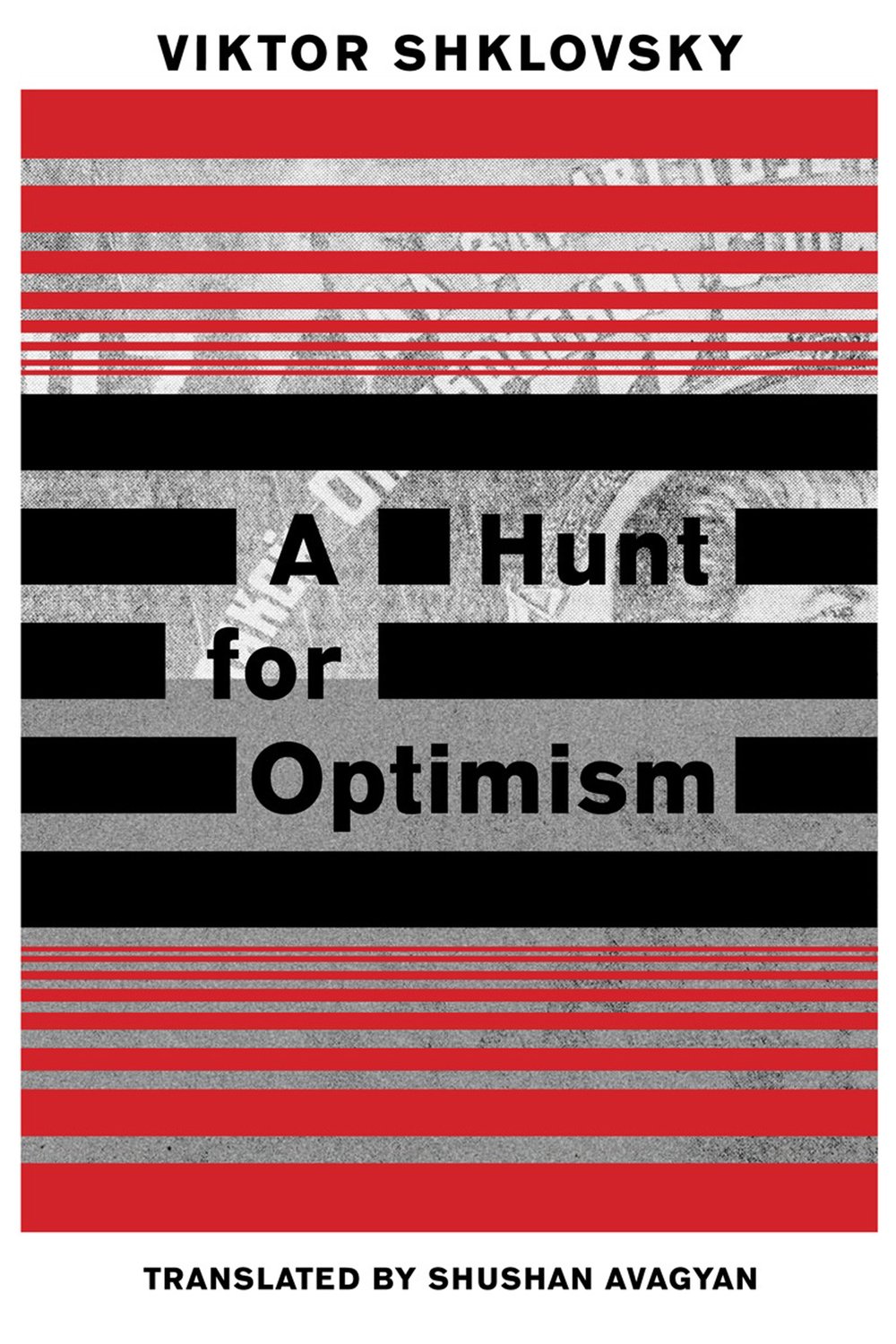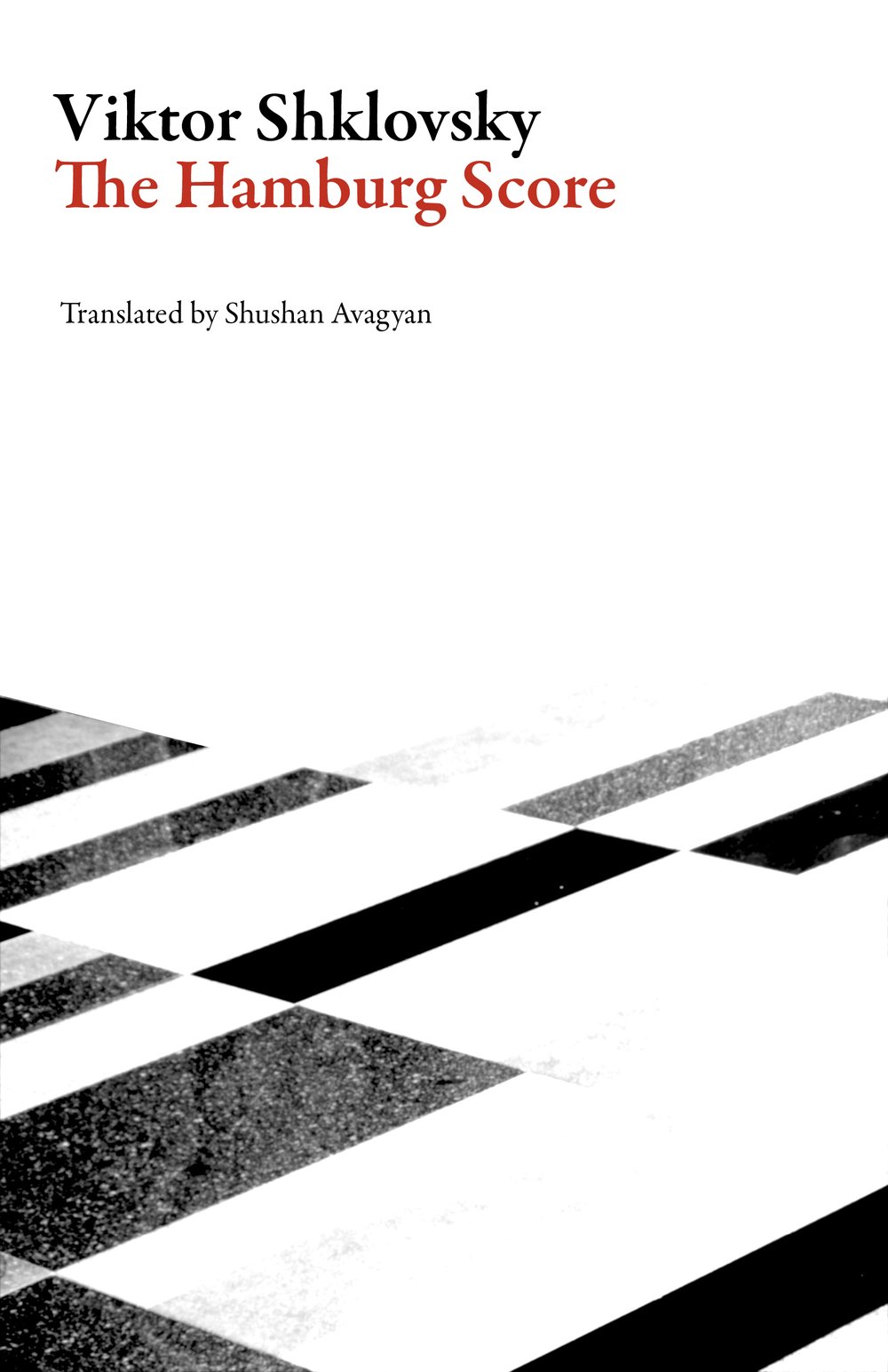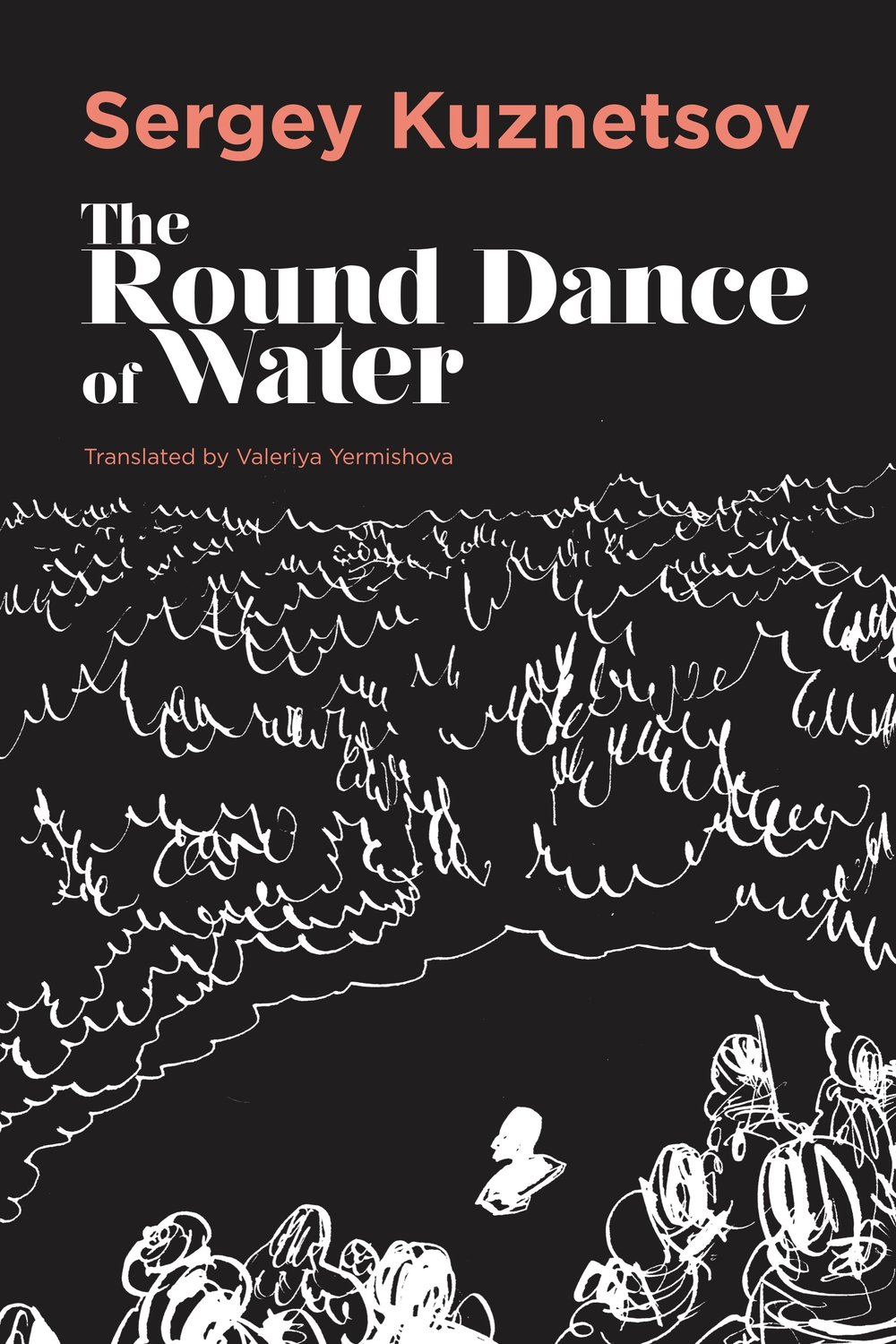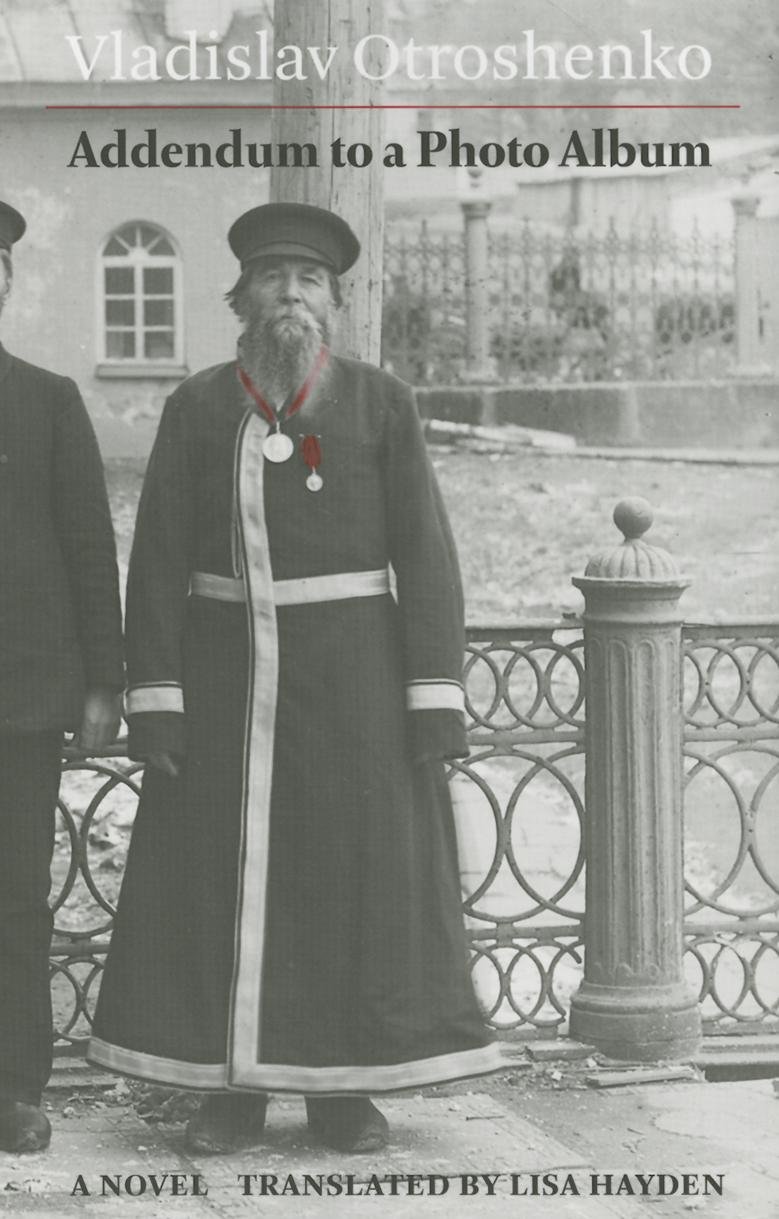Energy of Delusion
A Book on Plot
Available in English for the first time, Energy of Delusion provides contemporary readers with a new way of thinking about how great literature is written (and how great criticism might be) that is as timely today as ever.
One of the greatest literary minds of the twentieth century, Viktor Shklovsky writes the critical equivalent of what Ross Chambers calls “loiterature”—writing that roams, playfully digresses, moving freely between the literary work and the world. In Energy of Delusion, a masterpiece that Shklovsky worked on for over thirty years, he turns his unique critical sensibility to Tolstoy’s life and novels, applying the famous “formalist method” he invented in the 1920s to Tolstoy’s massive body of work, and at the same time taking Tolstoy (as well as Boccaccio, Pushkin, Chekhov, Dostoevsky, and Turgenev) as a springboard to consider the devices of literature—how novels work and what they do.
Viktor Shklovsky (1893-1984) was a leading figure in the Russian Formalist movement of the 1920s and had a profound effect on twentieth-century Russian literature. Several of his books have been translated into English, including Zoo, or Letters Not about Love, Third Factory, Theory of Prose, A Sentimental Journey, Energy of Delusion, and Literature and Cinematography.
Shushan Avagyan
is an author and translator currently teaching at the American University of Armenia. Her articles and translations have appeared in Contemporary Women's Writing, The Book of Saint Ejneb, Asymptote, and Dissidences: Hispanic Journal of Theory and Criticism.

